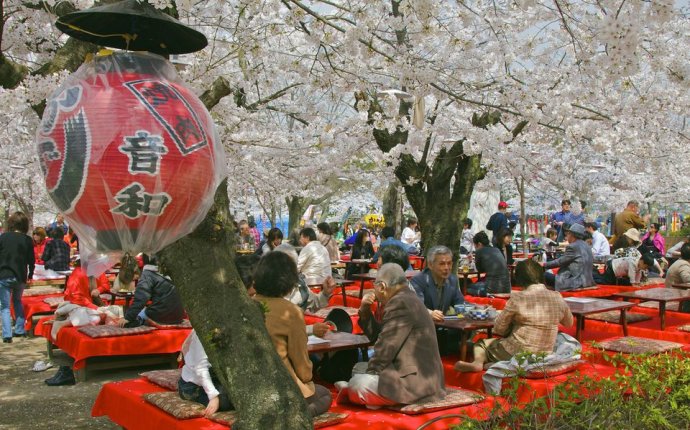
Japanese celebrations and holidays
If a national holiday falls on a Sunday, the following Monday is also turned into a holiday. Likewise, a day sandwiched between two national holidays is turned into a holiday.
Shops, restaurants and tourist attractions in Japan are generally open on national holidays, except on New Year.
- January 1 (national holiday)
New Year (shogatsu):
This is the most important holiday in Japan. While only January 1 is designated as a national holiday, many businesses remain closed through January 3. More information is available on the New Year page. - Second Monday of January (national holiday)
Coming of Age (seijin no hi):
The coming of age of 20 year old men and women is celebrated on this national holiday. - February 3
Beginning of spring (setsubun):
Setsubun is not a national holiday, but celebrated at shrines and temples nationwide. More information is available on the Setsubun page. - February 11 (national holiday)
National Foundation Day (kenkoku kinenbi):
According to the earliest Japanese history records, on this day in the year 660 BC the first Japanese emperor was crowned. - February 14
Valentine's Day:
In Japan, women give chocolates to men on Valentine's Day. It is not a national holiday. More information is available on the Valentine's Day page. - March 3
Doll's Festival (hina matsuri):
On this day, families with girls wish their daughters a successful and happy life. Dolls are displayed in the house together with peach blossoms. - March 14
White Day:
The opposite of Valentine's Day: Men give cakes or chocolates to women. It is not a national holiday. More information is available on the White Day page. - Around March 20 (national holiday)
Spring Equinox Day (shunbun no hi):
Graves are visited during the week (ohigan) of the Equinox Day. - April 29 (national holiday)
Showa Day (Showa no hi):
The birthday of former Emperor Showa. Before 2007, April 29 was known as Greenery Day (now celebrated on May 4). Showa Day is part of the Golden Week. - May 3 (national holiday)
Constitution Day (kenpo kinenbi):
A national holiday remembering the new constitution, which was put into effect after the war. More information is available on the Golden Week page. - May 4 (national holiday)
Greenery Day (midori no hi):
Until 2006, Greenery Day was celebrated on April 29, the former Emperor Showa's birthday, due to the emperor's love for plants and nature. It is now celebrated on May 4 and is part of the Golden Week. - May 5 (national holiday)
Children's Day (kodomo no hi):
Also called boy's festival. More information is available on the Golden Week page. - July/August 7
Star Festival (tanabata):
Tanabata is a festival rather than a national holiday. More information is available on the Tanabata page. - Third Monday of July (national holiday)
Ocean Day (umi no hi):
A recently introduced national holiday to celebrate the ocean. The day marks the return of Emperor Meiji from a boat trip to Hokkaido in 1876. - August 11 (national holiday)
Mountain Day (yama no hi):
Newly introduced in 2016, this national holiday celebrates mountains. - July/August 13-15
Obon:
Obon is a Buddhist event to commemorate deceased ancestors. More information is available on the Obon page. - Third Monday of September (national holiday)
Respect for the Aged Day (keiro no hi):
Respect for the elderly and longevity are celebrated on this national holiday. - Around September 23 (national holiday)
Autumn Equinox Day (shubun no hi):
Graves are visited during the week (ohigan) of the Equinox Day. - Second Monday of October (national holiday)
Health and Sports Day (taiiku no hi):
On that day in 1964, the Olympic games of Tokyo were opened. - November 3 (national holiday)
Culture Day (bunka no hi):
A day for promotion of culture and the love of freedom and peace. On culture day, schools and the government award selected persons for their special, cultural achievements. - November 15
Source: www.japan-guide.com









